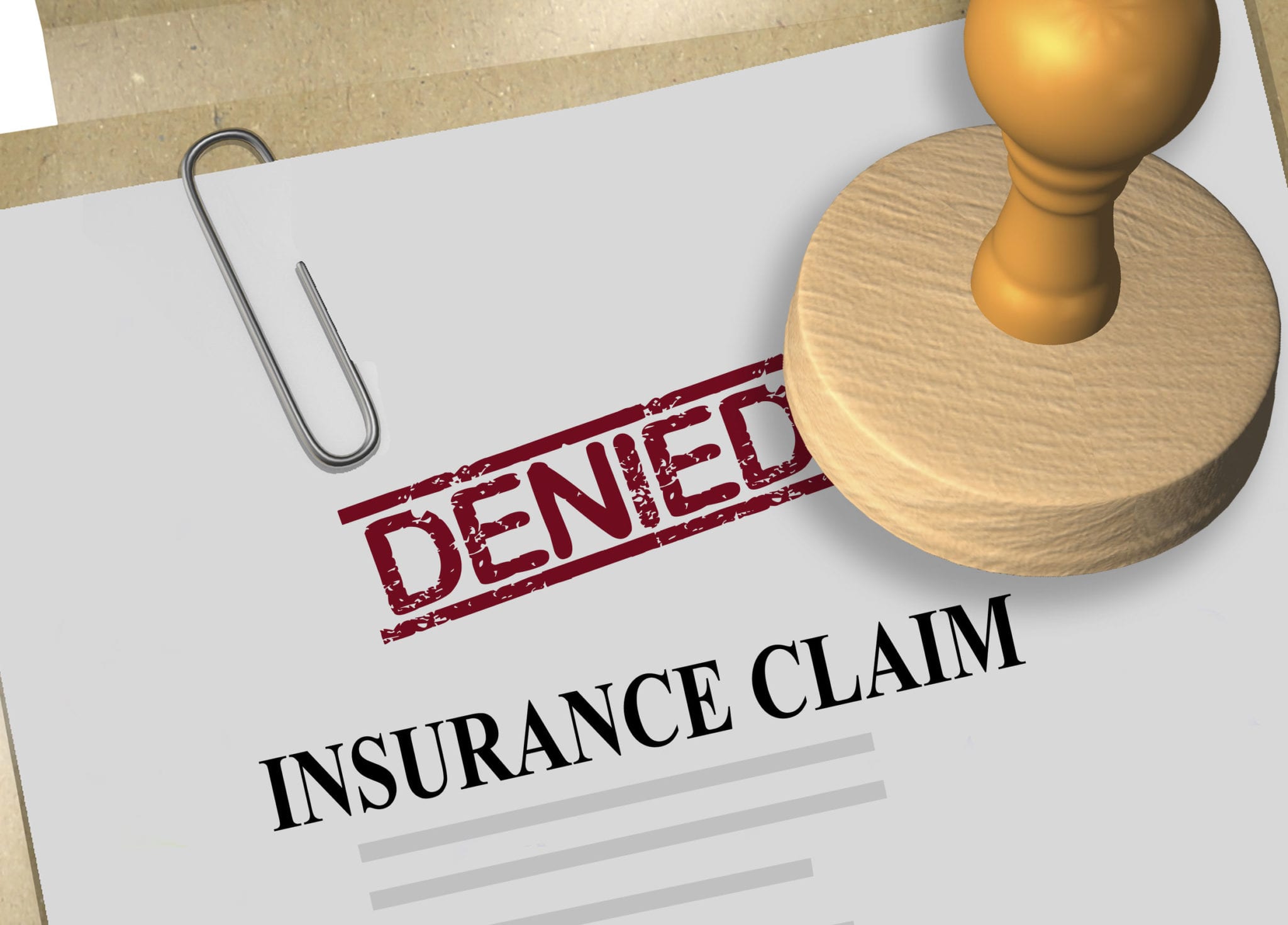
When an unforeseen accident or disaster causes damage to your house, you may be stressed but reassured by the thought, “At least I have homeowners’ insurance!”
So when your homeowners’ claim is denied by your insurance company, it can come as an especially heartbreaking shock. Unfortunately, this situation is all too common in Texas.
Self-interested insurance companies may seek every possible opportunity to deny your claim in order to avoid paying it. We’ve explained some of the most common reasons insurers deny claims in Texas below.
Of course, for all the reasons your claim could be denied, there are usually ways to avoid them, so we’ve included a bit of advice, too.
You Filed Your Claim Too Late
With most insurance companies, there is a limited window of time during which you alert them of the incident and report losses and/or damages.
When you file your claim outside of this window, you may lose your right to do so. Avoiding this unfortunate turn of events is easy. Simply report any damage to your home immediately.
Read your policy before you have a need to use it, though, and understand this limitation so you can feel confident should an unavoidable delay present itself.
You Failed to Pay Your Monthly Premiums On Time
Predictably, insurance companies don’t like it when you miss a premium payment or constantly pay late. A history of late or non-payments may leave you open to claim denials due to potential lapses in coverage.
The solution? Pay the correct amount of your premium by your set due date. There are a couple of ways you can ensure this happens.
Most insurers are happy to set up monthly auto-payments through your bank or credit card, and you always have the option of paying 6 months to a year ahead.
Damages Don’t Reach Your Policy Deductible
When you select an insurance policy, part of the agreement you make with your insurer is the amount of money you’re willing to pay on a given claim before insurance coverage kicks in. This is your deductible.
When your homeowners’ policy deductible is higher than the cost to repair home damages associated with your claim, your insurer is not obligated to cover them.
Avoid misunderstandings by familiarizing yourself with the deductibles associated with your policy. Many people choose a higher deductible in order to enjoy a lower premium.
However, if you live in a region where a particular type of damage is common, you may fair better with a higher monthly payment and a lower deductible when it comes time to file a claim.
You Provided Insufficient Documentation
When filing a homeowner’s insurance claim, you have a duty to prove your claim through documentation of the damage. To support your claim, you must record accurate detail of what occurred and take clear photographs of the damage.
This kind of denial is particularly common across all types of insurance policies. Again, read your policy — and ask your agent questions — now so that when the time comes to file a claim, you aren’t scrambling.
You Weren’t Aware of Your Policy’s Exclusion Clauses
In most policies, certain occurrences are excluded from being covered. Common examples include floods, earthquakes, hurricanes, hail, and wildfires — particularly if these happen to be common occurrences in the area you live in.
If you want these disasters covered, often insurers will have add-on components for which you can opt-in. They typically come at a reasonable cost addition.
Disputing a Claim Denial in Texas
While in some situations, you may be able to settle a claim dispute with your homeowner’s insurance company directly, sometimes that’s simply impossible.
When your claim isn’t receiving the proper processing, you have the right to appeal your denial by writing a letter or filing a complaint with your state’s department of insurance.

If your insurance company isn’t budging, it may be time to take legal action.
About the Author:
Brandon Fulgham has an in-depth understanding of both Texas law and Texans themselves. Before practicing law here, he received his undergraduate degree from TCU, and his law degree from South Texas College of Law in Houston. After graduation, he worked in District Attorneys’ offices as a prosecutor. Now, he uses that knowledge to anticipate opposing counsel’s arguments and protect the rights of people in and around Fort Worth. He has been recognized for his work by The National Trial Lawyers, Fort Worth Magazine, and others.




